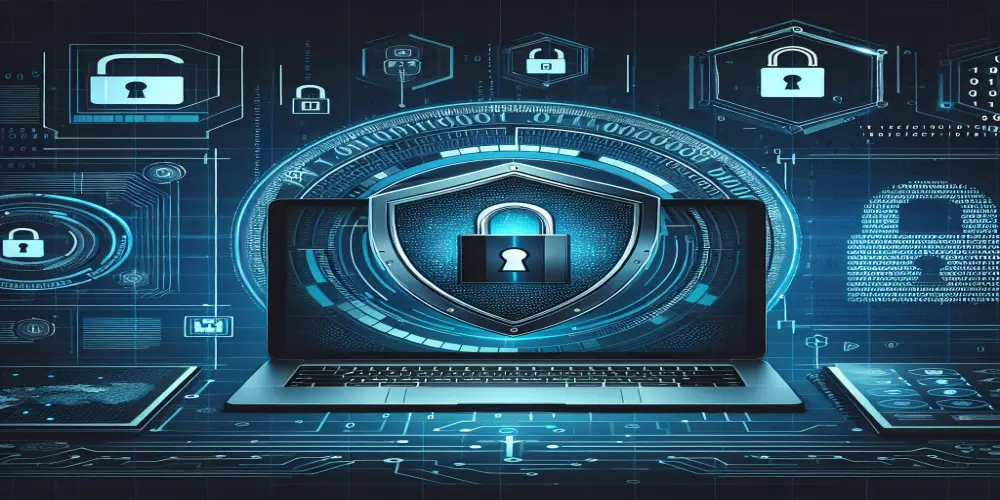Cybersecurity Tips: Staying Safe in the Digital World
Cybersecurity Tips: Staying Safe in the Digital World
In today's interconnected world, cybersecurity is more important than ever. With increasing threats from cybercriminals, it's essential to take proactive measures to protect your personal and professional information. Here are some valuable cybersecurity tips to help you stay safe online.
1. Use Strong Passwords
One of the simplest yet most effective ways to protect your accounts is by using strong passwords. A strong password typically includes a mix of upper and lower case letters, numbers, and special characters. Avoid using easily guessed information like birthdays or common words. Consider using a password manager to generate and store complex passwords securely.
2. Enable Two-Factor Authentication
Two-factor authentication (2FA) adds an extra layer of security to your accounts. It requires you to provide two forms of identification before gaining access. This usually means entering a password and a code sent to your mobile device. Enable 2FA on any account that supports it, especially for email and banking services.
3. Be Cautious with Public Wi-Fi
Public Wi-Fi networks are convenient but can also be riskier than private networks. Avoid accessing sensitive information or conducting financial transactions when connected to public Wi-Fi. If necessary, use a Virtual Private Network (VPN) to create a secure connection.
4. Keep Software Updated
Regularly updating your software, including your operating system, browsers, and applications, is crucial in protecting against vulnerabilities. Developers frequently release updates to patch security flaws – always install these updates as soon as they become available.
5. Be Wary of Phishing Scams
Cybercriminals often use phishing emails to trick users into providing personal information. These emails may appear legitimate, so always verify the sender before clicking on links or downloading attachments. Look for signs of phishing, such as poor spelling and grammar or unexpected requests for sensitive information.
6. Secure Your Devices
Make sure to lock your devices with a strong password or biometric lock (such as fingerprint or facial recognition). This will help prevent unauthorized access if your device is lost or stolen. Additionally, install security software to protect against malware and viruses.
7. Educate Yourself and Others
Stay informed about the latest cybersecurity threats and trends. Share this knowledge with your family, friends, and colleagues to create a safer digital environment. Awareness is key to preventing cyberattacks.
By following these cybersecurity tips, you can significantly reduce your risk of falling victim to cybercrime. Stay vigilant, and always prioritize your online safety!










